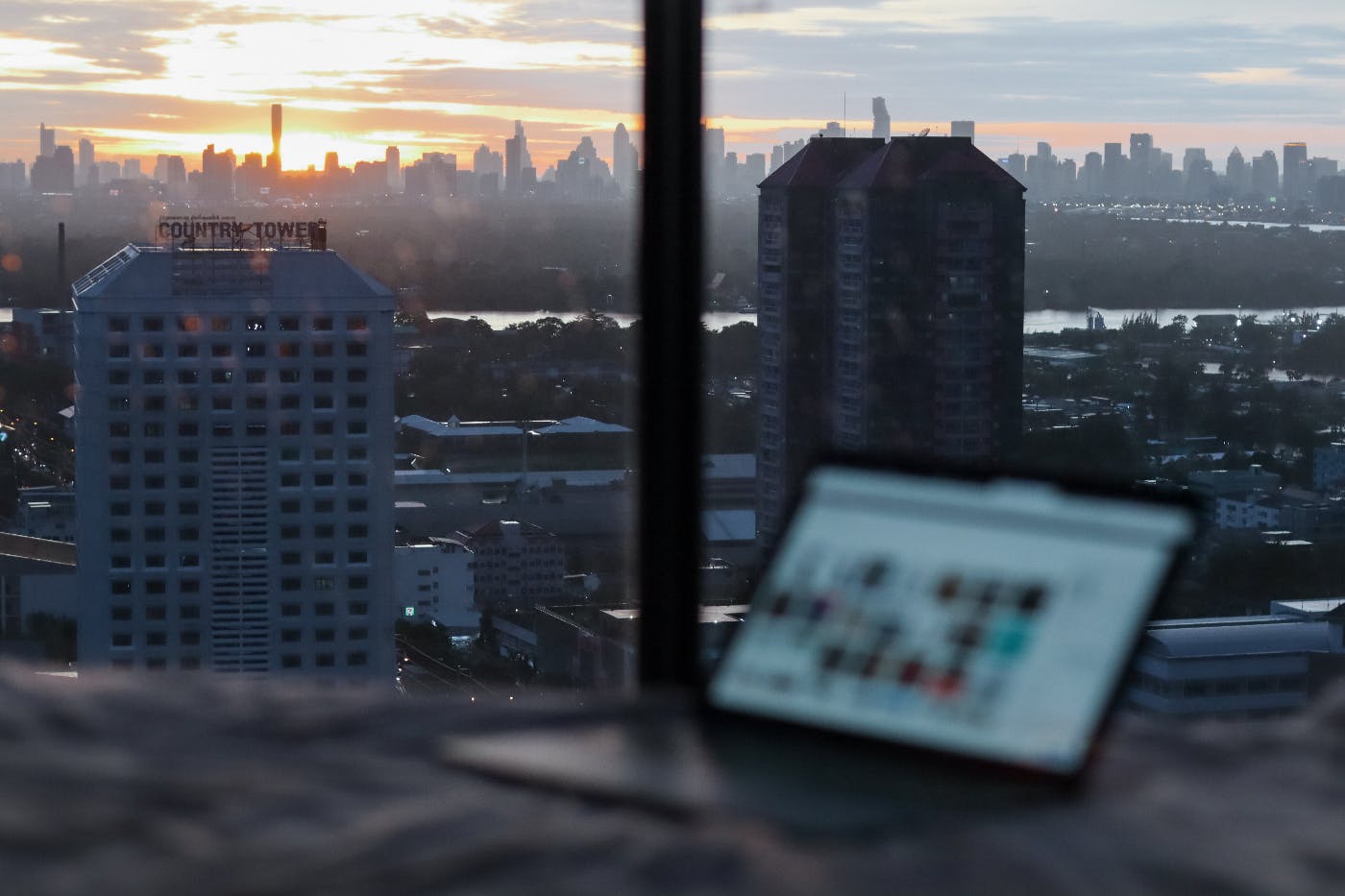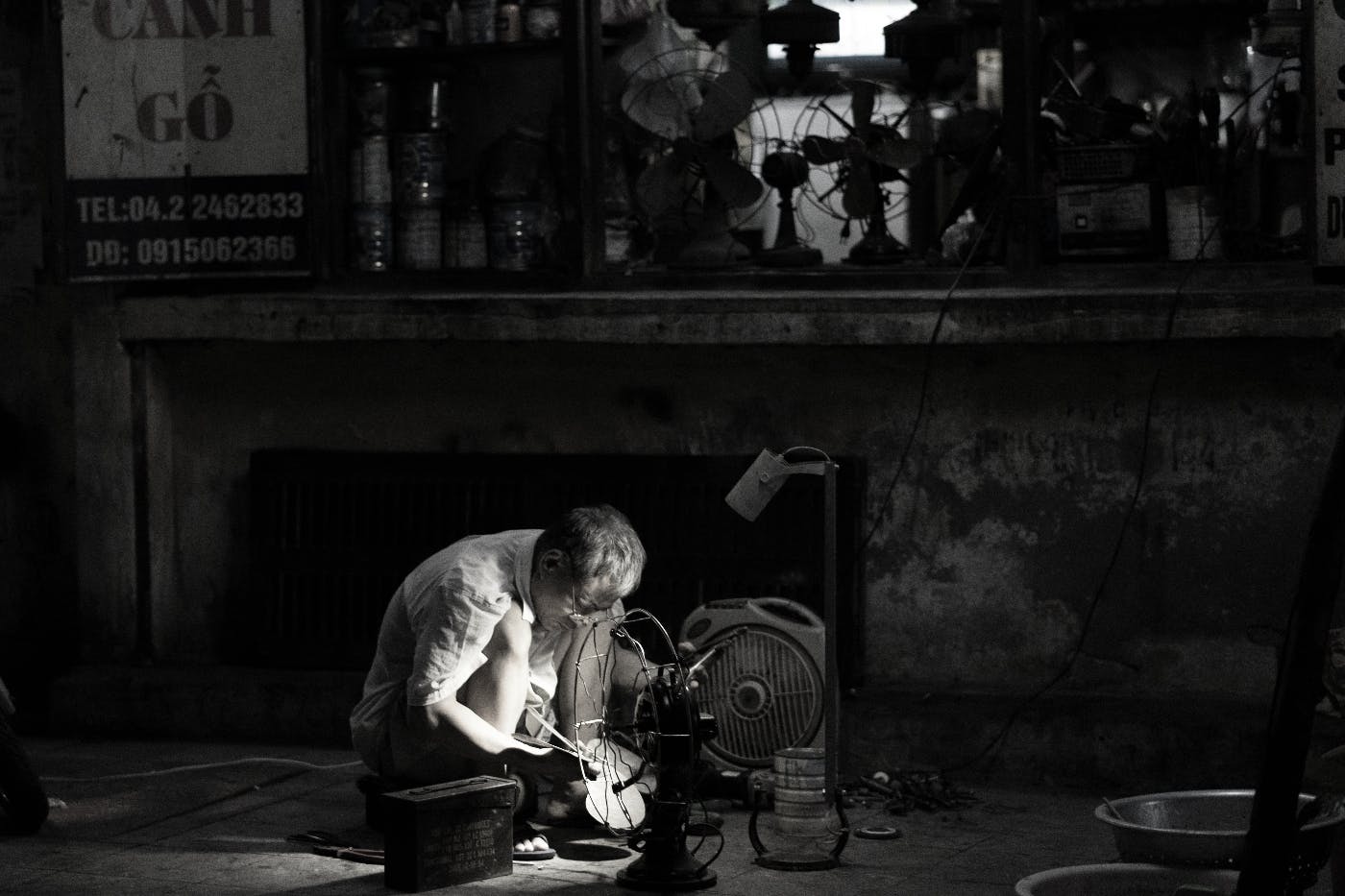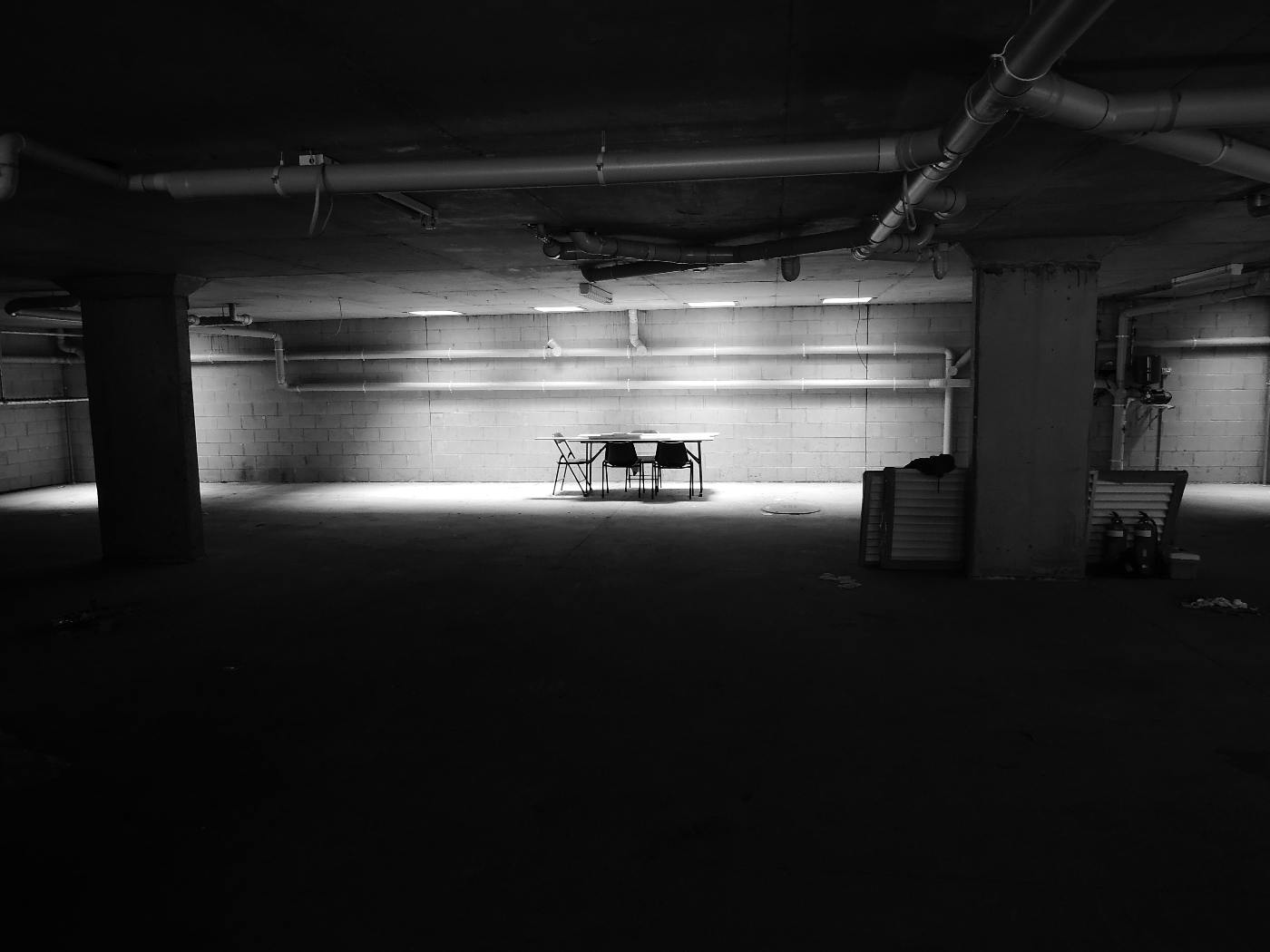
Hiring people has gotten harder as there are now more demands to navigate. A good salary and a decent benefits package are no longer cutting it when hiring new employees.
Things sure have changed.
Hiring people has gotten harder as there are now more demands to navigate. A good salary and a decent benefits package are no longer cutting it when hiring new employees. Office politics, personality quirks, and a dreadful commute are just some factors that will keep people balking at having to leave their work-from-home situations and return to the office.
But there’s something more going on beyond parking spaces, commutes, and the endless sign this card for Judy, her dog just died office yahoo. There is something else. People have a new relationship with work and the idea of work, and they are seeking a proper work/life balanced.
What has passed for a work/life balance up to now has been fine. Still, the pandemic and the losses people have experienced, combined with the fear of losing their jobs, income, and way of life, have made people stop and rethink the old notion that you must do anything for the company to get ahead. Giving body, mind, and soul to the company just doesn’t feel right for most people now, and those hiring need to understand this, and companies, in general, need to adjust to this new mindset of workers.
Everyone was Affected
There are scant few people who can say their work lives were not changed during the pandemic.
Personally, many people lost loved ones to COVID, and those who didn’t lose someone directly know someone who did. The amount of death and sickness we were faced with every day was certainly a change that no one could have been prepared to face.
But the workplace dealt with changes that were also difficult to handle, such as loss of jobs, being furloughed, and trying to balance working from home while keeping some semblance of home life alive.
According to the Bureau of Labor Statistics, employment in the U.S. alone dropped 20.5 million people in April 2020. Service providers felt the crunch, with 7.7 million losing jobs in the hospitality and leisure market, with 5.5 million coming from the food service and drinking establishment sector. That is a large chunk of the population.
The shift to remote work

Those who kept their jobs had to navigate the new work-at-home life. Now people had to deal with work, kids, family, and an endless stream of zoom meetings. Some workers encountered employers whose response to the changes and a reduced number in the workforce was to make their current people work harder, longer hours, and attend zoom meetings at inconvenient times. This added stress to life, and this stress had a negative impact on families, work relationships, and personal relationships as well.
Add to this the fact that there was now no physical separation between work and home, and the tension mounts. And there were fewer outlets for this tension, with gyms, movie theaters, and other recreation opportunities cut to a bare minimum.
With all these changes, workers were facing exhaustion from stress, which made them more negative and cynical about work but still stressed about losing their livelihoods, which triggered feelings of self-doubt and a rise in imposter syndrome. These three: exhaustion, cynicism, and self-doubt, are three key markers that indicate burnout.
On the other hand, those with limited family or parental responsibility found they liked the shift to remote working. They enjoyed the freedom of schedule, and fewer distractions allowed them to be more productive. A lack of commute time and the stress involved gave people more time and energy and saved them money. While those who were working in a hostile place with disrespectful encounters being the norm felt more relaxed and free.
Life is not the job, and the job is not life
The pandemic taught us a great deal, and we learned that the job doesn’t have to be the way it always was. People realized they didn’t have to put up with unreasonable work demands, and the old view of the job, you do anything for the company, just wasn't the way to work any longer. This realization was suitable for many people as it helped them set boundaries and discover a proper work/life balance.
The downside is many people realized, during the pandemic, the brevity of life and what is essential. This has led to large numbers not returning to work. This is wreaking havoc in some places as getting people to return to jobs that offer low wages and demanding physical labor is nearly impossible. On top of that, 4.5 Americans, which is about 3% of the workforce, just said enough is enough and left their jobs. Reflecting a dissatisfaction with their current jobs and life and deciding now is the time to improve both situations.
The pandemic made us all acutely aware of life and the need for better mental health. Self-worth and asking to have that recognized and compensated are the new trend in the working world. This is a forward-progressing trend, and it has the strength behind it never to look back.
Moving forward

If you hate zoom meetings and video conferencing, bad news, those things are not going away. What is going away is work trips and conferences. CEOs have discovered that money can be saved by doing all that stuff online, so they will.
The significant change is that the workforce has discovered its strength. With so many people willing to walk away from their jobs now, hiring managers are faced with new challenges. The usual job offer will not cut it as we move forward. People feel they are worth more and understand life's fleeting nature, so that they will need a more defined work/life balance. Good pay needs to be great pay, as does the benefits package. More flexibility with hours will be a consideration, as will a level of autonomy.
Those who have been waiting for the pandemic to pass so things can get back to normal need to wake up and rethink the landscape. There is no back to normal; what needs to happen now is an establishment of a new normal.
Companies that do not embrace the changes and remain stuck in a pre-pandemic mindset will face worker shortages and enormous challenges when trying to hire.
This is not a passing phase; believe that. What we have now will be the base as we work through the devastation of the pandemic. The future of workers having little power is passed, and employers need to know that, embrace it and catch up with it or they will be scrambling down the line.
The world progresses, maybe an upside of the pandemic is the positive changes in the workplace that are happening. Being aware of the landscape and moving along with them will make your business's and your life's future much better. Don’t ignore what’s happening; you’ll fade into the past like payphones, sockhops, and the conical bra.

